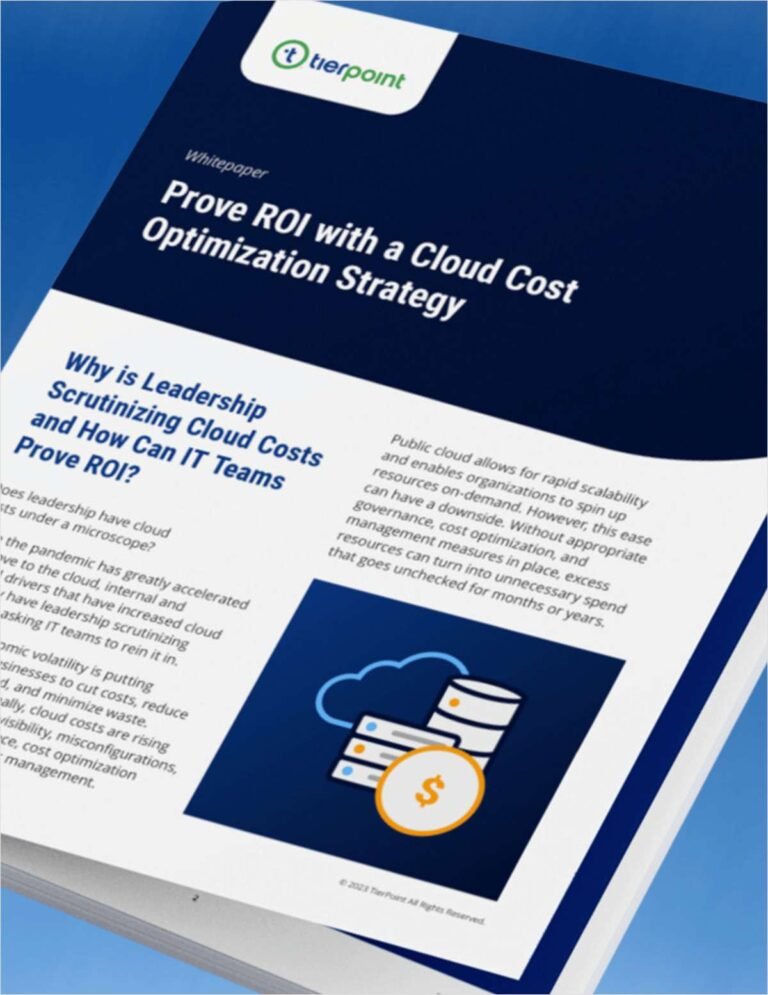
Introduction to AI in Healthcare
The integration of Artificial Intelligence (AI) into the healthcare industry marks a revolutionary change in how medical services are delivered and patient outcomes are improved. AI technology, which encompasses machine learning, natural language processing, and computer vision, has been evolving over several decades. Initially utilized for tasks such as image recognition and data classification, AI’s capabilities have since expanded, leveraging vast amounts of data to identify patterns and make precise predictions. This technological advancement has laid the groundwork for its application in healthcare, moving the industry from a reactive to a proactive approach.
Historically, healthcare has relied heavily on human expertise for diagnosis and treatment decisions. However, with the advent of AI, there has been a significant shift towards using data-driven insights to augment human judgment. This shift is primarily driven by the need to handle the growing complexity and volume of medical data, which often exceeds human capacity for analysis. AI systems can analyze enormous datasets swiftly and accurately, providing healthcare professionals with critical insights that improve decision-making processes and patient care.
Among the myriad applications of AI in healthcare, two areas stand out due to their transformative potential: predictive analytics and personalized medicine. Predictive analytics involves using AI algorithms to analyze historical and real-time data to predict future health outcomes. This enables early intervention and preventive care, significantly reducing the burden of chronic diseases and improving overall patient health. On the other hand, personalized medicine leverages AI to tailor medical treatments to the individual characteristics of each patient. By considering genetic, environmental, and lifestyle factors, AI can recommend personalized treatment plans that enhance efficacy and minimize adverse effects.
As we delve deeper into this blog post, we will explore how predictive analytics and personalized medicine are reshaping the healthcare landscape, offering innovative solutions to age-old challenges and paving the way for a new era of patient-centered care.
Predictive Analytics: Transforming Healthcare Outcomes
Predictive analytics in healthcare leverages statistical techniques, machine learning, and data mining to analyze historical data and make forward-looking predictions. By examining patterns and trends in extensive datasets, healthcare professionals can forecast patient outcomes, optimize treatment plans, and improve operational efficiency. This transformative approach is reshaping the healthcare landscape, offering numerous applications and benefits.
One significant application of predictive analytics is in predicting patient readmissions. By analyzing patient histories, demographic information, and treatment protocols, predictive models can identify individuals at high risk of readmission, enabling proactive interventions. Hospitals can thus reduce readmission rates, enhance patient care, and lower associated costs.
Another critical use case is early disease diagnosis. Predictive analytics can identify subtle markers and patterns that may indicate the early stages of diseases such as cancer, diabetes, or cardiovascular conditions. Early diagnosis allows for timely and targeted treatment, which can improve patient outcomes and potentially save lives.
Moreover, predictive analytics optimizes hospital operations by forecasting patient admissions, bed occupancy rates, and resource allocation. This aids in better staffing, inventory management, and overall hospital efficiency, ensuring that resources are available when needed most.
The benefits of predictive analytics in healthcare are manifold. Cost reduction is a significant advantage, as timely interventions and optimized operations lower healthcare expenses. Improved patient care is another key benefit, with more accurate diagnoses and personalized treatment plans enhancing patient outcomes. Operational efficiencies gained through predictive analytics streamline processes, making healthcare delivery more effective and responsive.
However, challenges and limitations exist. Data quality is paramount; inaccurate or incomplete data can lead to erroneous predictions. Privacy concerns also arise, as the sensitive nature of healthcare data necessitates stringent data protection measures. Additionally, integrating predictive analytics with existing healthcare systems can be complex, requiring interoperability and significant investments in technology and training.
Despite these challenges, predictive analytics holds tremendous potential for transforming healthcare outcomes. By harnessing the power of data, healthcare providers can anticipate needs, enhance patient care, and operate more efficiently, paving the way for a more effective and personalized healthcare system.
Personalized Medicine: Tailoring Treatment to the Individual
Personalized medicine, also known as precision medicine, represents a transformative approach in healthcare where medical decisions, treatments, practices, and products are tailored to the individual patient. This approach leverages individual data, including genetic information, lifestyle choices, and various health metrics, to create customized treatment plans. The role of artificial intelligence (AI) in this realm is pivotal, driving the sophistication and accessibility of personalized medicine.
AI technologies enable the analysis of vast amounts of patient data, facilitating the identification of patterns and correlations that would be difficult, if not impossible, for human practitioners to discern. By integrating genetic information with other health data, AI systems can predict how a patient might respond to specific treatments, thereby optimizing therapeutic efficacy and minimizing adverse effects. For instance, in oncology, AI-powered tools can analyze a cancer patient’s genetic mutations to recommend targeted therapies that are more likely to be effective for the individual’s specific cancer type.
Case studies illustrate the profound impact of personalized medicine. A notable example is the use of AI in developing individualized drug prescriptions. Machine learning algorithms can predict a patient’s response to various medications based on their genetic profile, lifestyle, and previous treatment outcomes. This has been particularly effective in managing chronic conditions such as diabetes and cardiovascular diseases, where personalized drug regimens have shown to significantly improve patient outcomes.
The advantages of personalized medicine are manifold. Enhanced treatment efficacy, reduced side effects, and a more patient-centric approach to healthcare are among the primary benefits. However, the implementation of personalized medicine is not without its challenges. Data privacy and ethical considerations loom large, as the collection and use of sensitive genetic and health information necessitate stringent safeguards. Additionally, the effectiveness of personalized medicine depends on access to large, diverse datasets, which can be a barrier in some settings.
In summary, AI is a cornerstone in the advancement of personalized medicine, offering promising avenues for more effective and individualized healthcare. While challenges remain, the potential benefits underscore the importance of continued innovation and ethical vigilance in this exciting field.
Future Prospects and Ethical Considerations
The advent of Artificial Intelligence (AI) in healthcare heralds a new era characterized by innovative breakthroughs and transformative potential. Looking forward, the integration of AI with other emerging technologies, such as the Internet of Things (IoT) and blockchain, promises to revolutionize patient care. For instance, IoT-enabled devices can continuously monitor patient vitals, and AI algorithms can analyze this data in real-time to predict potential health issues before they arise. Simultaneously, blockchain technology can ensure the security and integrity of patient data, fostering trust and transparency in AI-driven healthcare systems.
A significant prospect of AI in healthcare is its potential to democratize access to medical services globally. AI-driven telemedicine platforms can provide remote consultations, making healthcare accessible to underserved populations in rural or economically challenged regions. By leveraging AI, medical practitioners can offer diagnostic and treatment recommendations, reducing the disparities in healthcare access and improving global health outcomes.
However, the integration of AI in healthcare is not without ethical considerations. Key among these is data security. With vast amounts of sensitive patient information being processed by AI, ensuring robust cybersecurity measures is paramount to protect against data breaches. Additionally, patient consent is crucial. Patients must be informed about how their data is being used and have the autonomy to opt in or out of AI-driven processes.
Another concern is the potential for bias in AI algorithms. AI systems learn from historical data, which may contain implicit biases. If unaddressed, these biases can lead to skewed outcomes, perpetuating inequality in healthcare delivery. It is essential to develop AI models that are transparent, explainable, and regularly audited to mitigate such risks.
Moreover, the responsible deployment of AI in healthcare necessitates comprehensive regulatory frameworks. Collaboration between tech companies, healthcare providers, and policymakers is crucial to establish standards and guidelines that ensure the ethical use of AI. These partnerships can drive innovation while safeguarding patient rights and promoting equity in healthcare.









